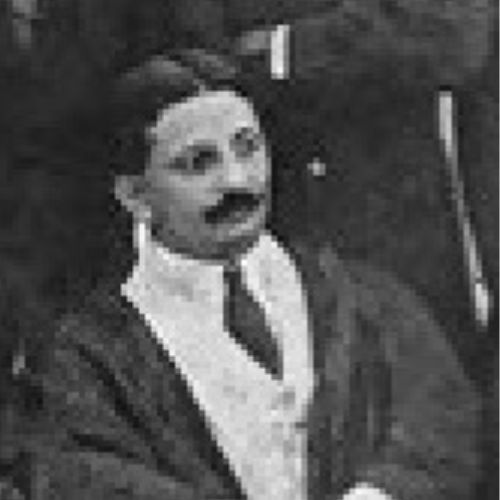Early Life
K. T. Shah was born on 10 February 1888. He graduated from the London School of Economics and was appointed as the Professor of Economics at Mysore University in 1918 at the age of 30. In 1921 he moved to Bombay University.
Role In India’s Independence Movement
In 1930, Shah attended the Round Table Conference which was convened by the British to discuss the constitutional future of India. Shah represented the interests of the Princely States in these discussions.
The Indian National Congress appointed him as the General Secretary of the National Planning Committee, 1938. This Committee was set up to engage with unemployment, defence, poverty, economy and industrialisation.
Shah was a member of the Congress Experts Committee set up in July 1946 to prepare preliminary materials for the Constituent Assembly. This Committee, among other things, drafted the original draft of the famous Objectives Resolution.
Contribution to Constitution Making
Shah was elected to the Constituent Assembly from Bihar through a Congress Party ticket. He actively participated in the debates. His interventions were passionate and well-reasoned. However, rarely did the Assembly accept his constitutional proposals. Shah was known in the Assembly to be a strong advocate for socialism and the presidential form of government. He often tried to smuggle these into his amendments and proposals even after the Assembly had rejected these ideas.
Later Contributions
Shah visited China as a member of an Indian Trade Union delegation.
He was a candidate in India’s first presidential elections. His main rival was his Constituent Assembly colleague Rajendra Prasad. Shah lost the elections.
Shah passed away in March 1953.
Key Writings:
Shah wrote extensively on administration, economics, history, and politics. His works include Sixty Years of Indian Finance, Splendor That Was India, Insurance, Promise That Was China, Federal Structure and Principles of Planning, Ancient Foundations of Economics in India, The Consequences of Post-War Price Change.
He was also a playwright and wrote plays in Gujarati.
- Shah wanted Draft Article 1 (Article 1 of the Constitution of India), to declare India as ‘Secular, Federal, Socialist’. The Assembly rejected his amendment. Interestingly, nearly three decades later, The Constitution (Forty-Second Amendment) Act, 1976 inserted ‘secular’ and ‘socialist’ to the Preamble of the Constitution of India, 1950.
- He proposed to include freedom of press within the ambit of Draft Article 13 (Article 19 of the Constitution of India 1950). He pointed out that all liberal constitutions have included such provisions and it was a pre-condition to have a ‘progressive liberal constitution’.
- Shah made significant interventions in Assembly’s Committee stages as well. He proposed a fundamental right to remuneration for housework – an idea way ahead of its time – to the Sub-Committee on Fundamental Rights.
- Citizenship and Its Discontents: An Indian History by Niraja Gopal Jayal (Harvard University Press, 2013)
- Obituary, Prof. KT Shah (EPW, 1953)

